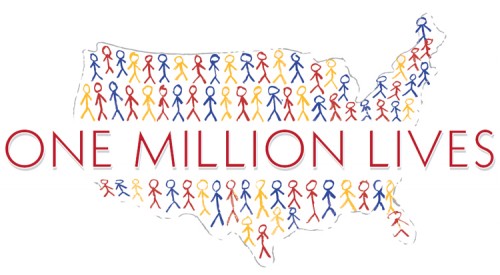There’s a population boom underway in Florida. It’s not just retired people fueling growth, but entrepreneurs, immigrants, and families—people that need and want good public school options.

Assistant Superintendent of Charter School Support, Miami-Dade County Public Schools
To meet this growing demand, the charter school sector has grown as well. Over 640 schools serve over 251,000 Florida students. The movement has matured, according to Tiffanie Pauline, Assistant Superintendent of Charter School Support for Miami-Dade County Public Schools, where charters serve 17 percent of all students.
That growth and scale has shifted attention to acute needs for authorizing process improvements, such as deciding which schools get to open in the first place.
Stronger Application Process, With an Eye on District Needs
In 2013-14, Florida’s rate of first-year charter school closures—a distressing 10 percent—was three times the national average. So stakeholders are working to modernize Florida’s almost 20 year-old charter school law. By strengthening charter applicant requirements, Florida lawmakers can bring down the closure rate by making sure only strong schools open.
But meanwhile, authorizers like Pauline’s shop aren’t waiting for a law amendment to do themselves what they know is needed.
“We know what it takes for a school to be a successful,” she states. “In Miami-Dade, the state’s biggest charter district, we have learned that it’s better to scrutinize on the front end instead of trying to close a bad school after it opens,” Pauline emphasizes. “So our application review process is now very extensive, yet transparent.”
Another shift is underway towards need-based authorizing. This means developing priorities and publishing district needs so application decisions strategically match.
A Chain of Improvements With a Range of Partners
These improvement efforts are supported by a few different initiatives:
- The district received a grant through the state department of education in partnership with the Gates Foundation. This District Charter Collaborative Compact (DCCC) provides an opportunity to recruit and select operators equipped to meet the district’s identified gaps in service and to more strategically deliver high-quality school options.
- FACSA, the Florida Association of Charter School Authorizers, in collaboration with NACSA, the Florida Department of Education, and Florida charter operators, developed Florida Principles & Standards for Quality Charter School Authorizing. It establishes founding principles, and basic and advanced standards, as well as provides a critical roadmap of best practices.
- The Charter Operator Tracker, developed by NACSA and launched in Florida in August 2015, assists authorizers seeking more information about operators. Authorizers and others can access objective, publicly-available data about operators and their schools in Florida and the U.S.
These initiatives have spurred a chain of improvements in Miami-Dade’s authorizing office: the grant led to an evaluation by NACSA, which produced recommendations, which led to changes in practice. NACSA has partnered with Pauline and staff as they transform the district from a compliance-driven office of charter oversight to one more focused on community needs and student outcomes.
“There are a few organizations out there that claim to be an expert on authorizing; however, in my mind NACSA reigns supreme,” Pauline says. “For me and many of my colleagues, NACSA has been instrumental in helping to shift the focus of authorizing practices in Miami-Dade from good to great.”
There’s still work to be done, she says. “My priorities—as we shift to needs- and outcomes-based authorizing—are to be more strategic about district and charter collaborations to meet the needs of ‘all’ students,” she notes. “The latter may require some changes in legislation to allow districts that have achieved a certain level of success with both traditional choice and charter options the opportunity to shift from the traditional charter application process, or at least allow for flexibility in authorizing.”



